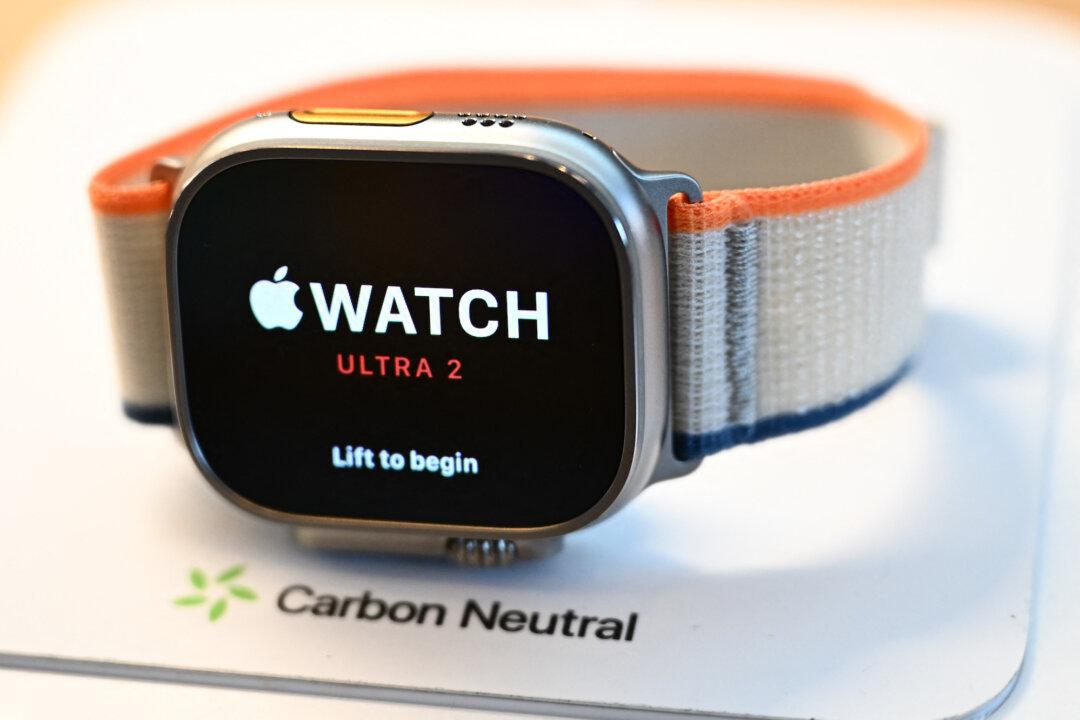One day after an import ban on certain Apple Watches officially went into effect, a federal appeals court placed the ban on a brief hold while it weighs whether to grant a longer-term pause.
In a victory for Apple, the U.S. Court of Appeals on Wednesday ordered a halt on the ban on the import and sale of smartwatch models involved in a patent fight, after the tech giant requested that they be paused at least until U.S. Customs and Border Protection (CBP) can determine if the redesigned versions of those watches still infringe the disputed patents.





